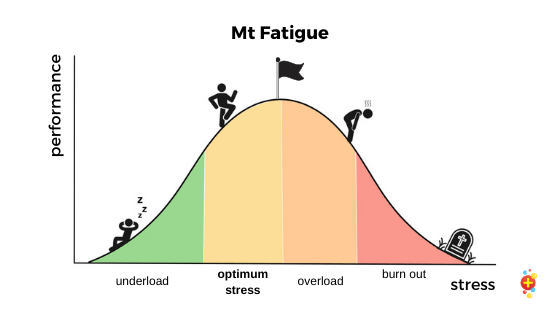Revision Resources
Recent Posts View All
June FOAMed
Hypoglycaemia

Although hypoglycaemia is one of the most common paediatric emergencies, consensus on a definition and investigations have not been reached. Even the definition of hypoglycaemia itself is a contentious subject. Specific guidance regarding intervention thresholds and investigation indications vary across countries and institutions.
Given the lack of consensus guidelines, a straightforward, structured approach to investigation and management is paramount to ensure accurate diagnosis and timely, appropriate management.
HALO Procedures

In part one of the Halo Procedures blogs, we talked about the various types of Halo procedures, the high acuity: low occurrence type procedures that we occasionally face in emergency medicine and pre hospital care. In that first blog, we talked about acquiring the psychomotor skills required to actually physically complete the task.
However, this is not enough. Even having trained for the psychomotor tasks is not enough for you to be successful in practice. When you’re actually faced with having to do one of these very difficult skills, it’s vital that you are in the right mental state as well. A practitioner who is overly stressed or distracted will not perform at their best. So in this blog, we look at some of the techniques you can use to prepare yourself.
ECG in Chest Pain

In this ECG Cases blog we discover an approach to patients who present with acute chest pain through 10 cases and examine false positive STEMI, false negative STEMI as well as other causes.
10 patients presented with chest pain. How would you interpret the ECG and manage the patient?
Human Factors in the ED

You’re in the paediatric emergency department, typing some notes for the child you’ve just discharged. You’re just about aware of the tannoy in the background. Then you hear the words coming out of the speaker, “Paediatric code black. Paediatric code black”.
You actually run down the corridor. Your heart is thumping, pounding in your ears. You’ve heard the phrase code black before – it’s a traumatic cardiac arrest. You know what to do, in principle, but you’ve never seen one before.
Are you sure you wish to end this session?

